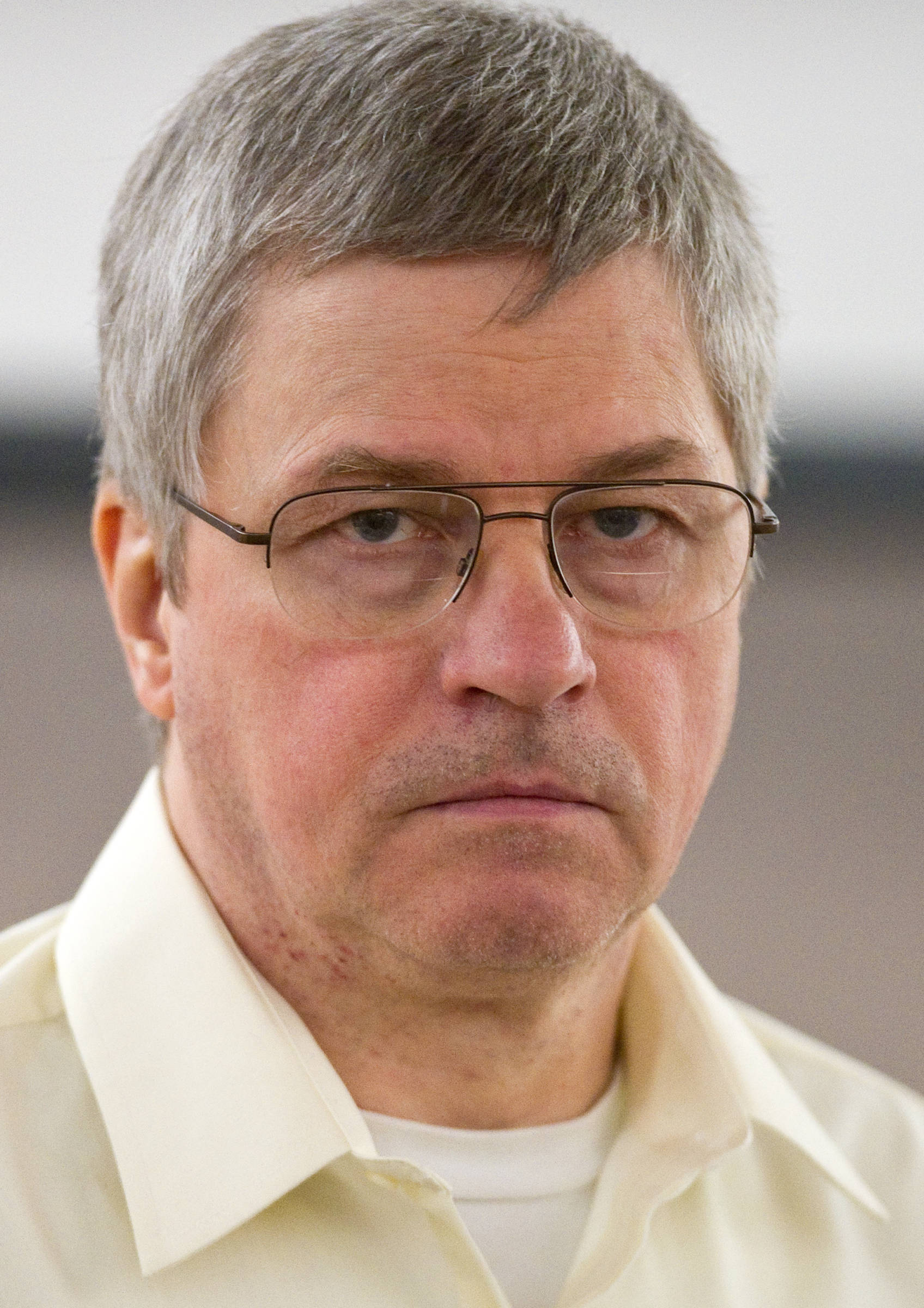The Alaska Court of Appeals has upheld the conviction of a Washington state man for a 1996 murder in Yakutat.
Robert Kowalski, 57, was originally convicted in 2014 of murdering Sandra Perry, his girlfriend, while the two vacationed in Yakutat. After being sentenced to 40 years in prison by Juneau Superior Court Judge Louis Menendez, Kowalski appealed his conviction and argued that the state improperly introduced evidence of a homicide he committed in Montana.
Alaska State Troopers had considered Perry’s 1996 death an accident at a time, but a similar 2008 slaying in Montana convinced them to reopen the case, leading to the 2014 trial and conviction. In the 2008 killing, Kowalski shot and killed his girlfriend, Lorraine Morin, and surrendered to police after a 30-hour standoff.
On appeal in the Alaska case, Kowalski argued that the state improperly used a rule of evidence that was created in 1997, one year after Perry’s death. Because the rule was created after the crime, he contended that its use violated the ex post facto clauses of the Alaska Constitution and U.S. Constitution. Those clauses prohibit legislative action from applying to an event that happened before the action took place.
The three-judge panel rejected Kowalski’s argument, citing a U.S. Supreme Court case that found a rule of evidence does not violate an ex post facto clause because it does not “alter the definition of crimes or increase the punishment for criminal acts.” The appeal was heard by judges David Mannheimer, Marjorie Allard and John Suddock.
Kowalski argued that particular case has been overwritten by new case law, but the three judges did not agree with the argument.
In a separate argument on appeal, Kowalski challenged the superior court’s decision to prevent him from introducing a 1996 memo at trial explaining why he was not charged with murder at that time.
Again, the appeals court upheld the ruling by trial judge Louis Menendez that the memo effectively amounted to hearsay and an opinion by the then-district attorney.
Finally, Kowalski asked the appeals court to examine whether it was appropriate to redact some emails presented in court. The appeals court reviewed the unredacted versions of those emails and found them appropriately redacted.
Kowalski remains in prison.
• Contact reporter James Brooks at jbrooks@juneauempire.com or 523-2258.

